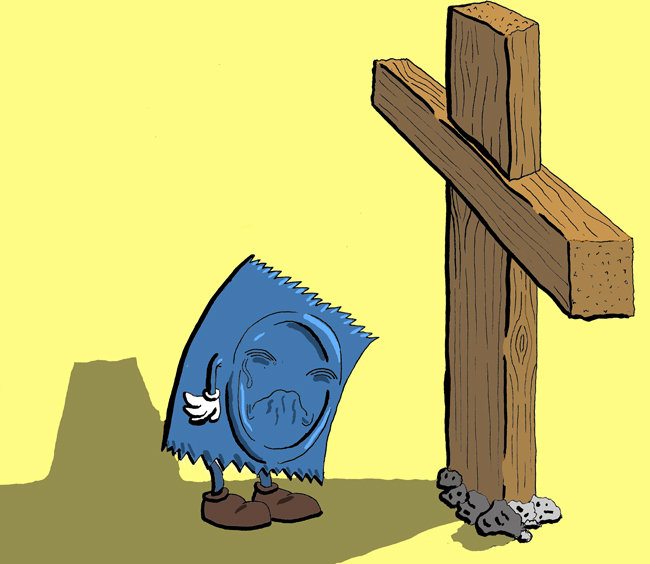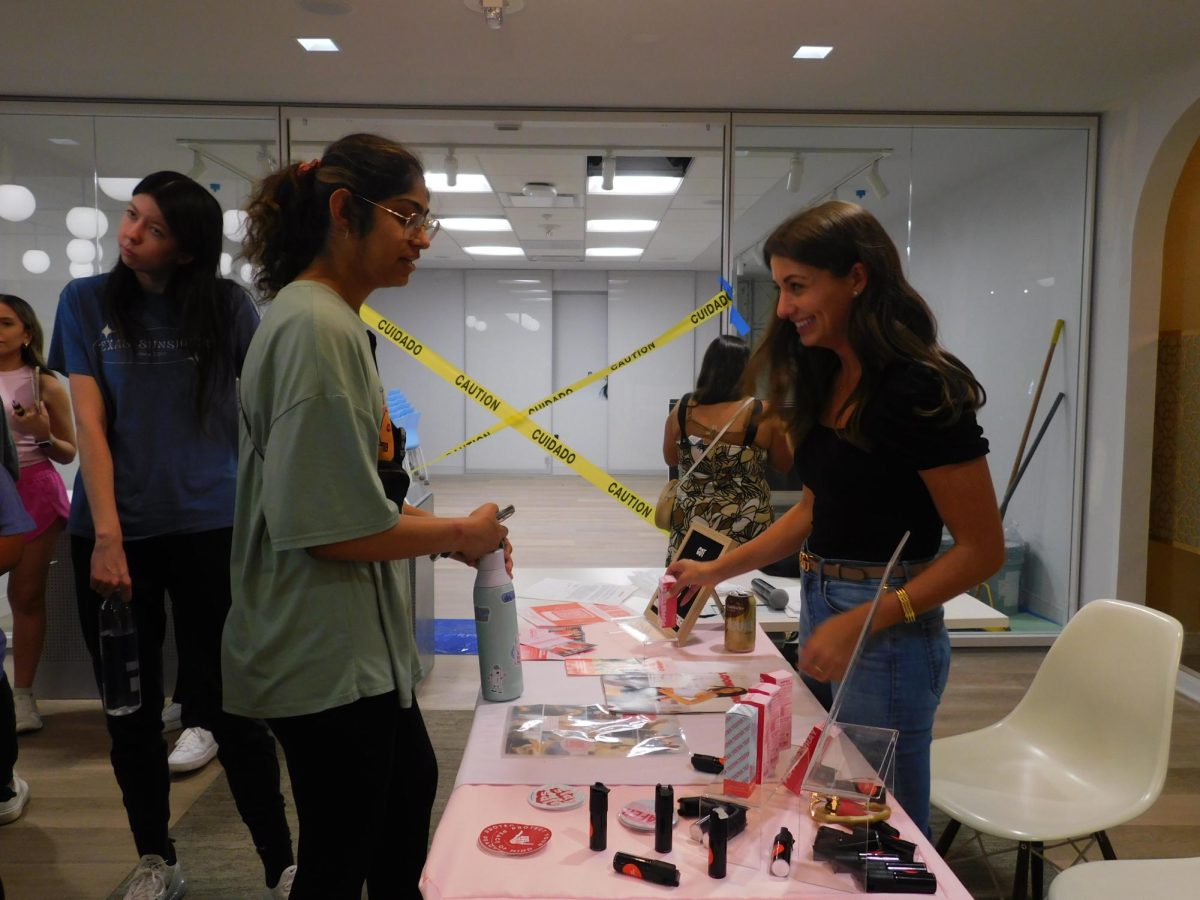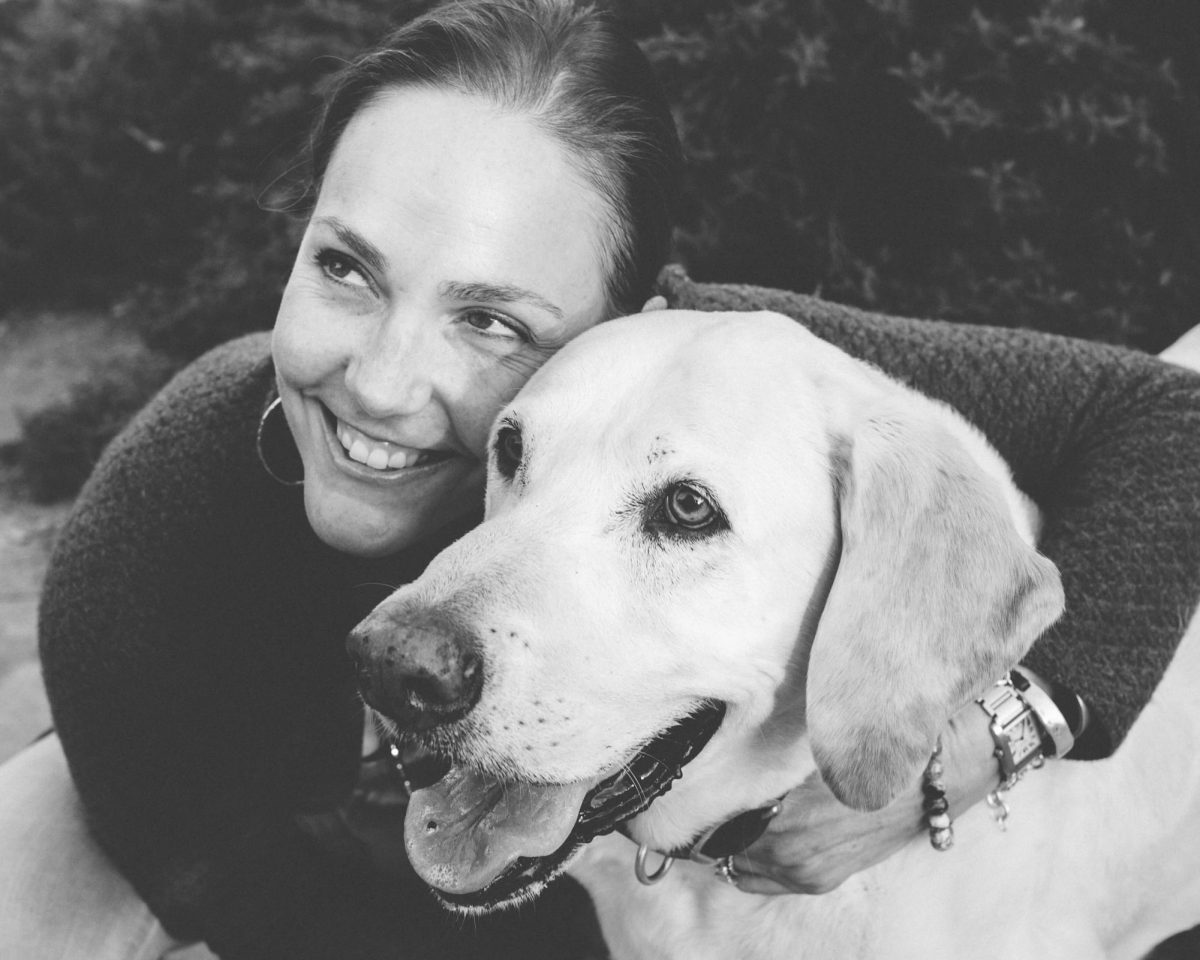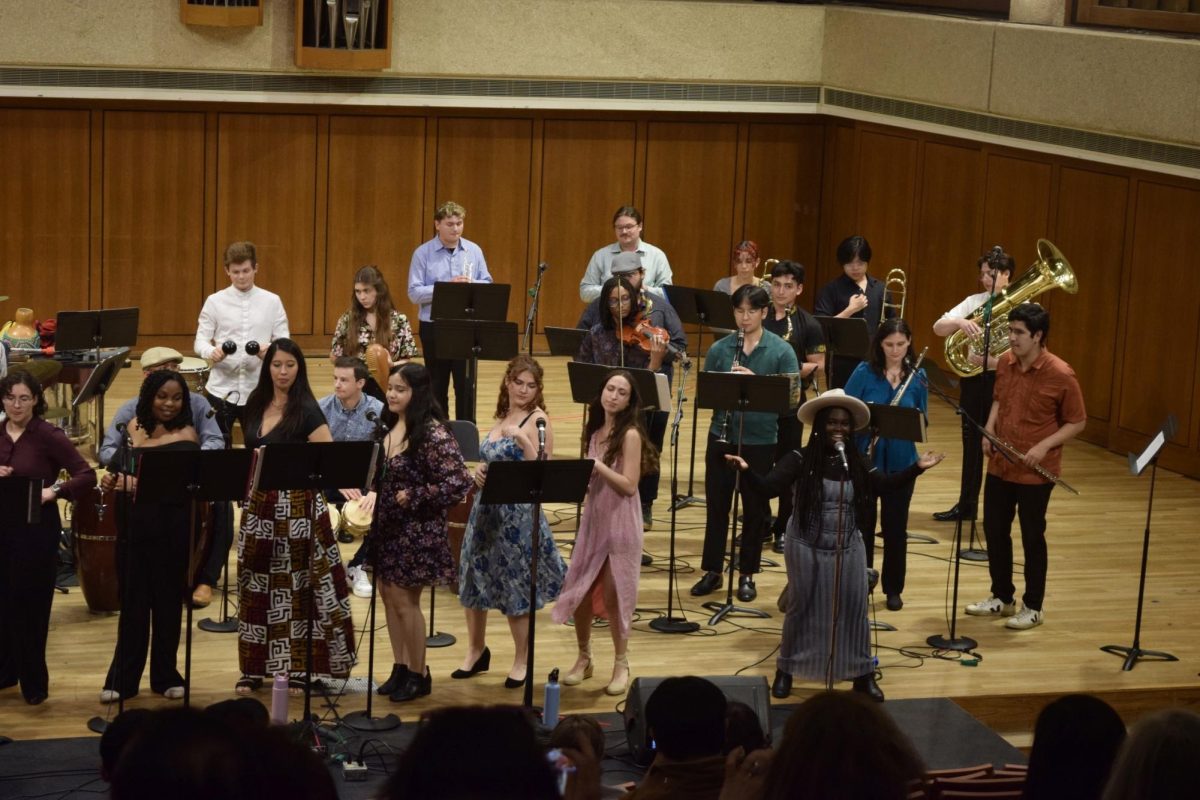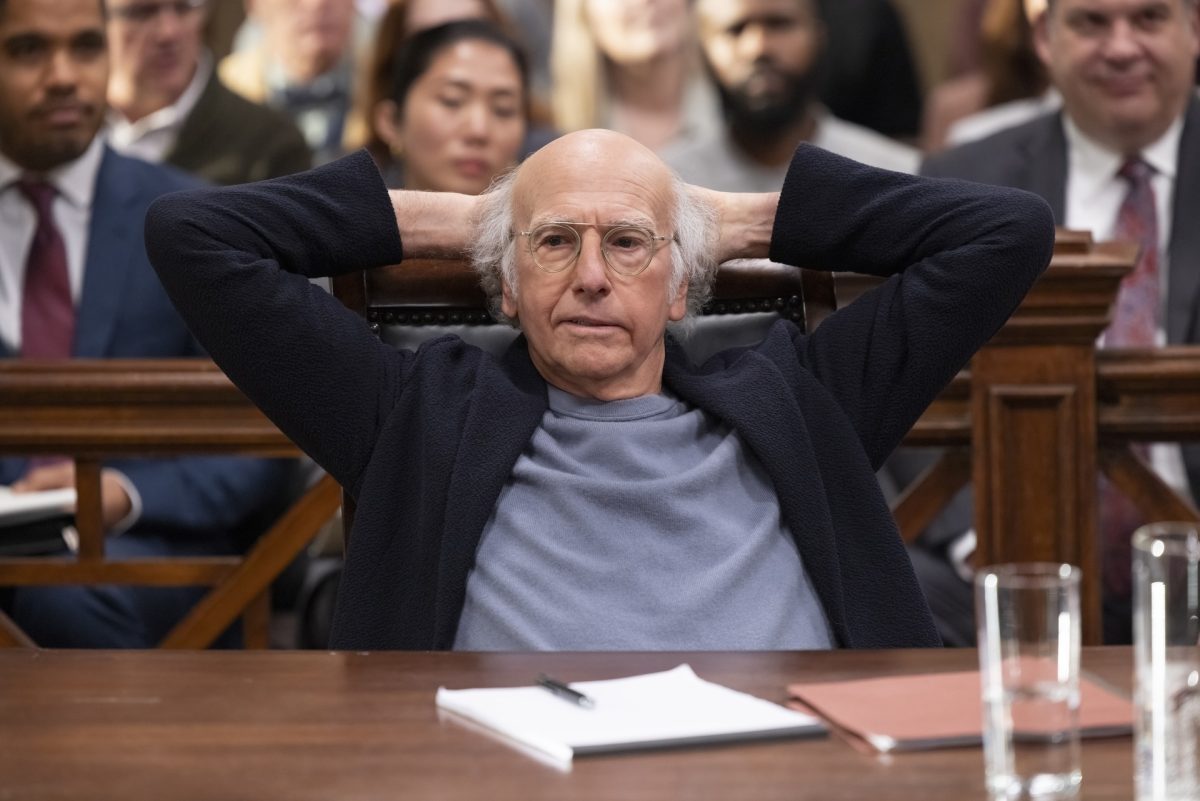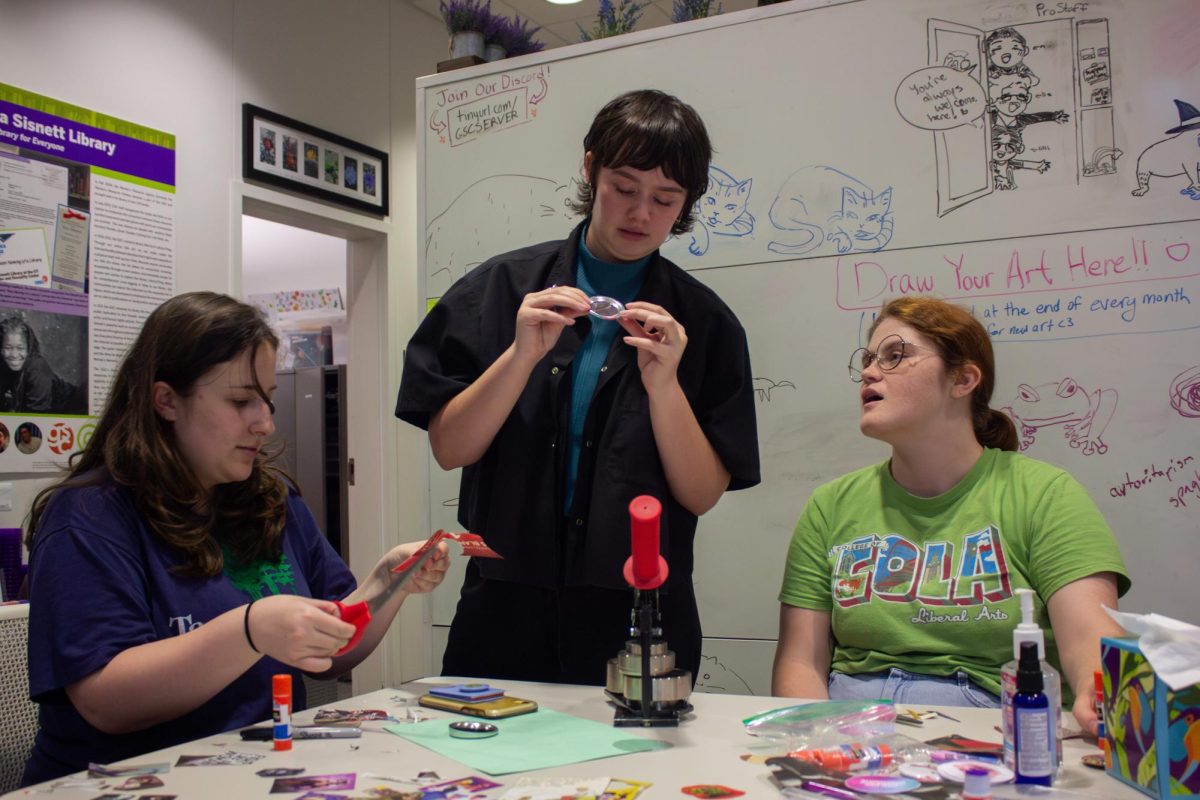Statistically and realistically speaking, there are students having sex on every single college campus in America. These students deserve access to resources that can help to empower healthy decision-making when it comes to sex.
Boston College — where administration recently threatened disciplinary action against a student-run sexual health group — is no different than UT, or any other college campus for that matter.
On March 15, Boston College officials sent a letter demanding an end to Safe Sites, stations started by Boston College Students for Sexual Health (BCSSH) that provide free contraception and safe-sex information for fellow students. The letter said that the distribution of condoms is in conflict with the university’s “responsibility to protect the values and traditions of Boston College as a Jesuit, Catholic institution.”
“Private universities have the right to set their own policies and to discipline students who violate their policies. The distribution of condoms is incongruent with the university’s values and traditions,” Jack Dunn, spokesman for Boston College, told CNN.
However, despite these allegations, students as well as Sarah Wunsch, staff attorney of the American Civil Liberties Union (ACLU) of Massachusetts, are pushing back.
“None of our actions have changed at all in the past four years,” BCSSH chairwoman Lizzie Jekanowski told NBC News. “It came out of nowhere.”
According to The Boston Globe, Jekanowski said the Safe Sites program fills a need for BC students that the university does not provide. Students can pick up free male and female condoms, lubricant and pamphlets about sexual health at one of the Safe Sites locations, including dorms and one off-campus location.
“We have the privilege of attending a Jesuit Catholic university so dedicated to the development of the self — both the body and the soul — that we find it both appropriate and necessary to advocate for these sexual health issues that are an integral aspect of that process,” Jekanowski said in a statement released on March 24.
In an email statement, Dunn argued that “as a Jesuit, Catholic university, there are certain Catholic commitments that Boston College is called to uphold.”
“We recognize that, as a reflection of society at large, many students do not agree with the church’s position on these issues,” Dunn said. “However, we ask those who do not agree to be respectful of our position and circumspect in their private affairs.”
Even as a religious institute, is it reasonable for Boston College officials to demand an end to the sexual health program that students at the university have voiced a need for?
After all, The Boston Globe reports that BCSSH receives a $400 grant each semester from Advocates for Youth, passes out 1,000 to 1,500 condoms per semester from the Great American Condom Campaign and even received a $500 grant and several hundred female condoms from FC2, a female condom company.
Students at Boston and in every other college in America who do decide to engage in sexual activities, deserve access to medically accurate sex education and resources that can empower healthy decision making when it comes to sex and sexuality.
If you happen to be one of those students at UT, make sure to take advantage of the abundance of sexual health resources, such as free condoms, that are available to students on our very own campus at the Health Promotion Resource Center (SSB 1.106).



